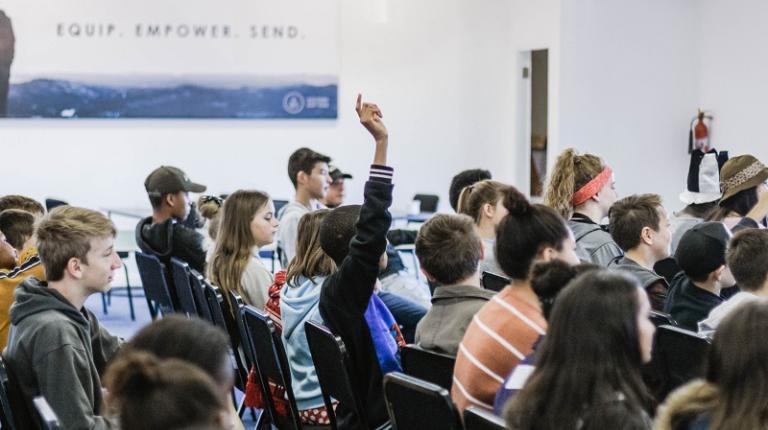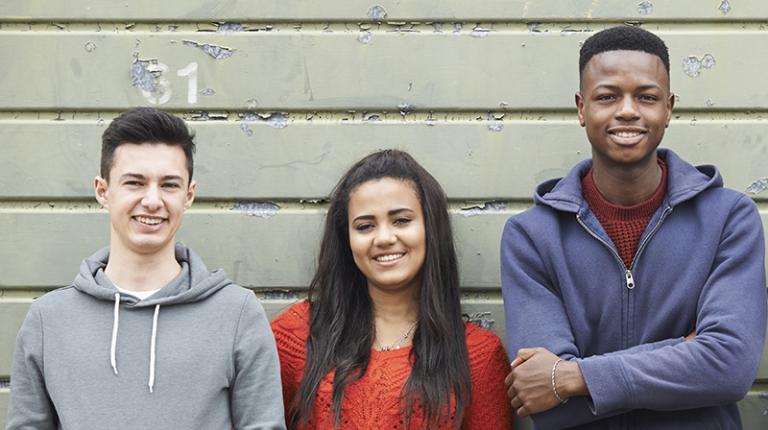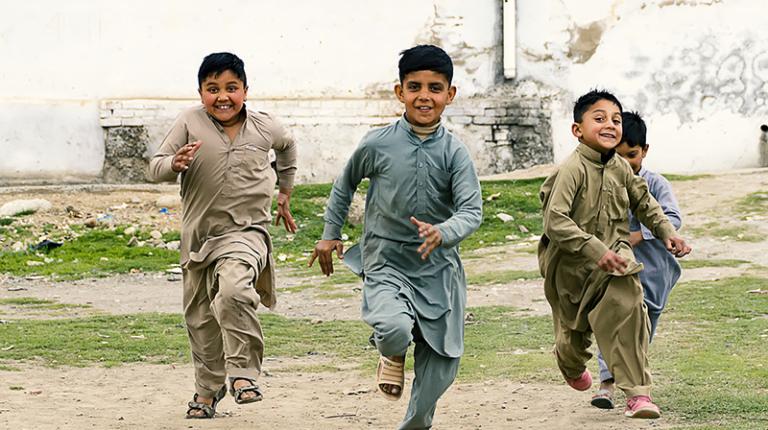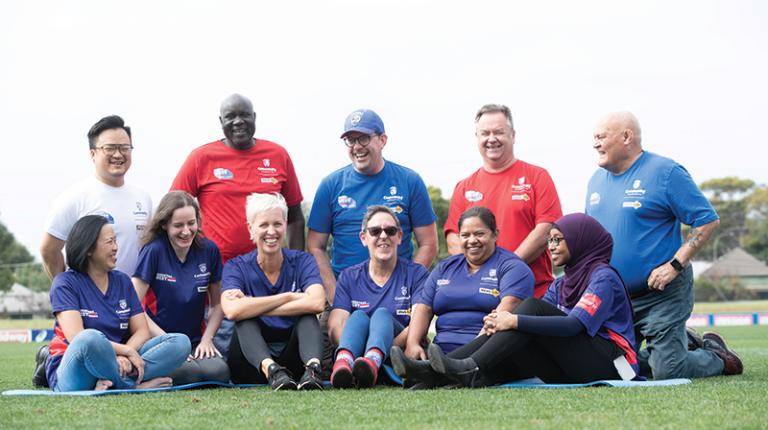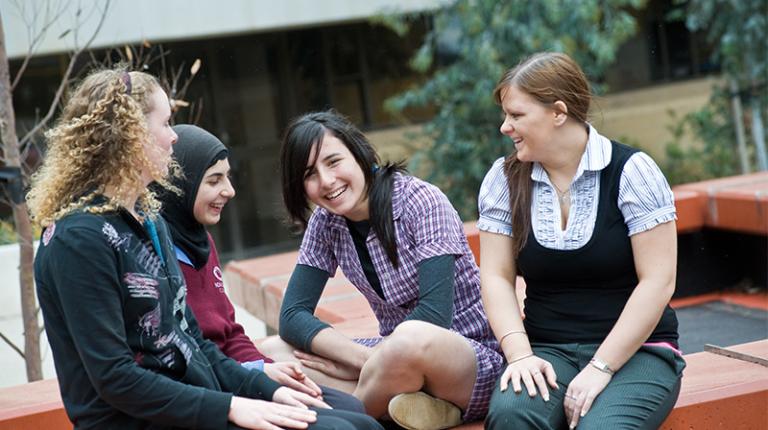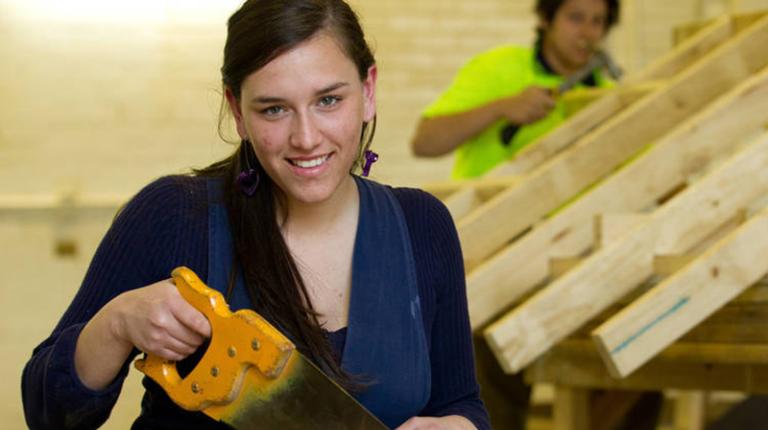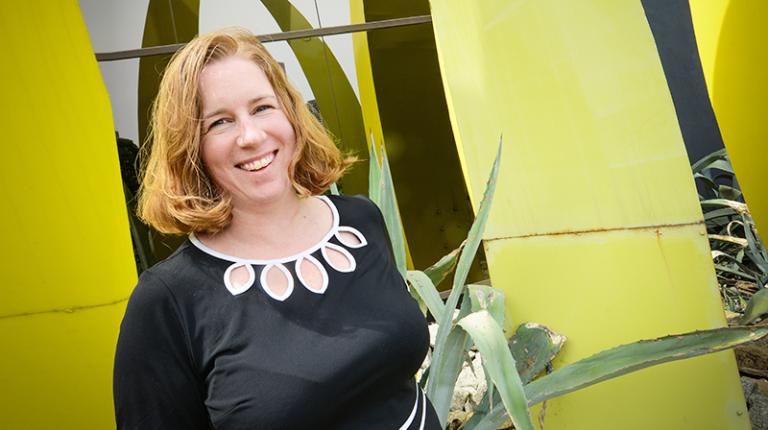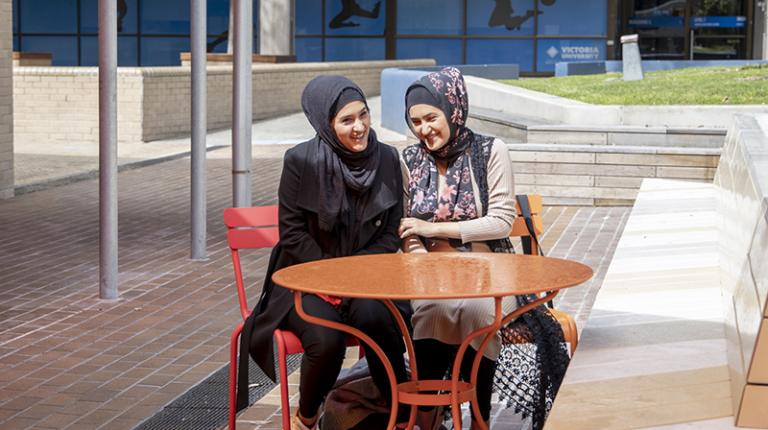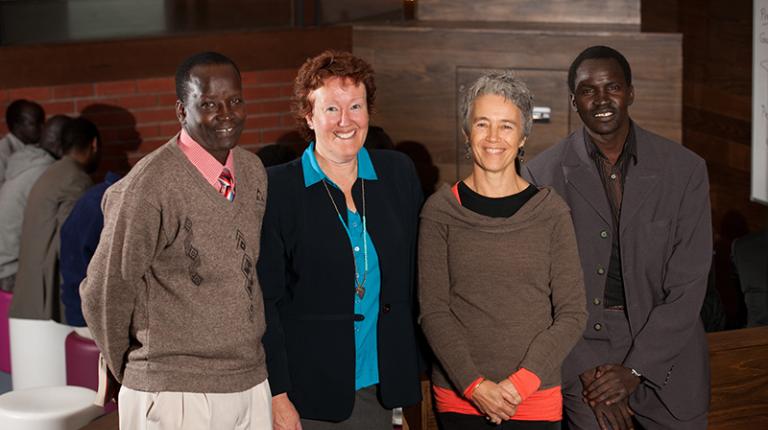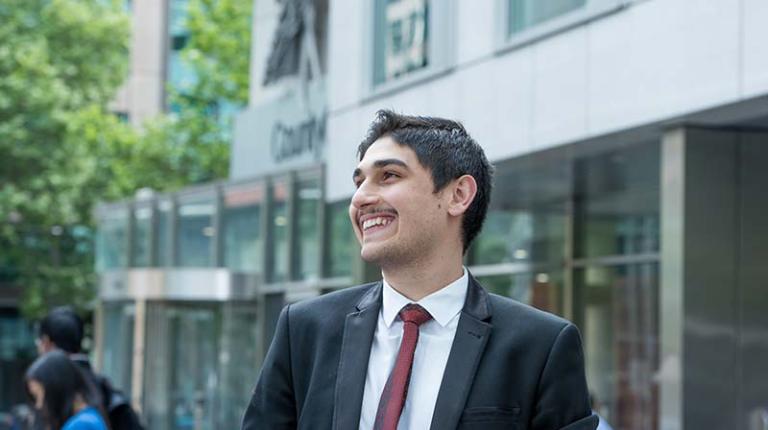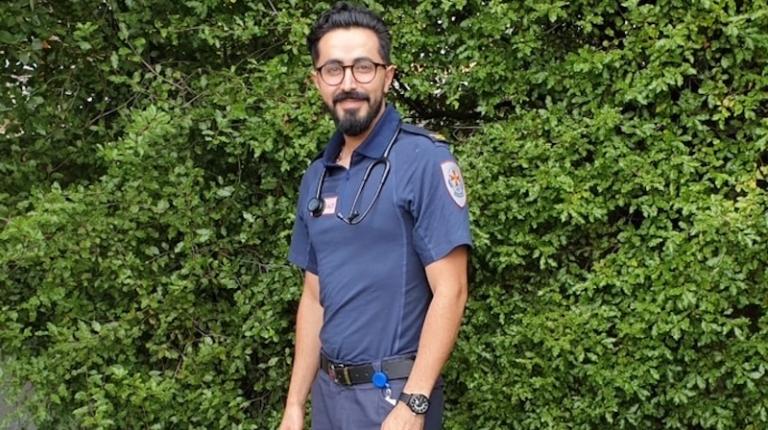Australia's Health Tracker series measures national progress on a range of health issues, including chronic disease, oral health, and mental health in Australian children and adults. These trackers are used by a range of policy-makers to inform decision-making at local, state and national level. Australia’s Health Tracker by Socioeconomic Status 2021 is produced by the Australian Health Policy Collaboration, led by VU’s Rosemary Calder of the Mitchell Institute, of over 50 health organisations and experts. The report card shows the relationship between low socio-economic status and higher risk for preventable chronic diseases and poor health.
Elizabeth Knight from the Centre for International Research on Education Systems and Emma Colvin from Charles Sturt University undertook the study Supporting Care Experienced Young People into Higher Education for the Collier Foundation. Care Experienced Young People are less likely to attain educational qualifications, less likely to have good health, and are more likely to have contact with the criminal justice and mental health systems. The report documents the: systemic lack of understanding of the needs of care-experienced students in higher education; significant gap in post-school transition planning; and the multiple barriers to accessing career information.
Emeritus Professor Robyn Broadbent wrote a report on building youth work practice. In the report Professor Broadbent emphasises the need for professional youth work practice to stay focused on poverty due to the intractable nature of intergenerational poverty and the and the barrier it poses to better life outcomes.
Annie Venville from VU teamed up with Sarah Booth from Western Health to assess the effectiveness of a 12-month pilot partnership program between social work staff at Western Health hospitals, and the Centrelink Community Engagement Officer, to improve access to income support for vulnerable hospital patients. The program saved time for the hospital social work staff and for patients, but further research is needed for the potential to for health and social care staff to deliver integrated psychosocial care to improve outcomes for vulnerable patients.



